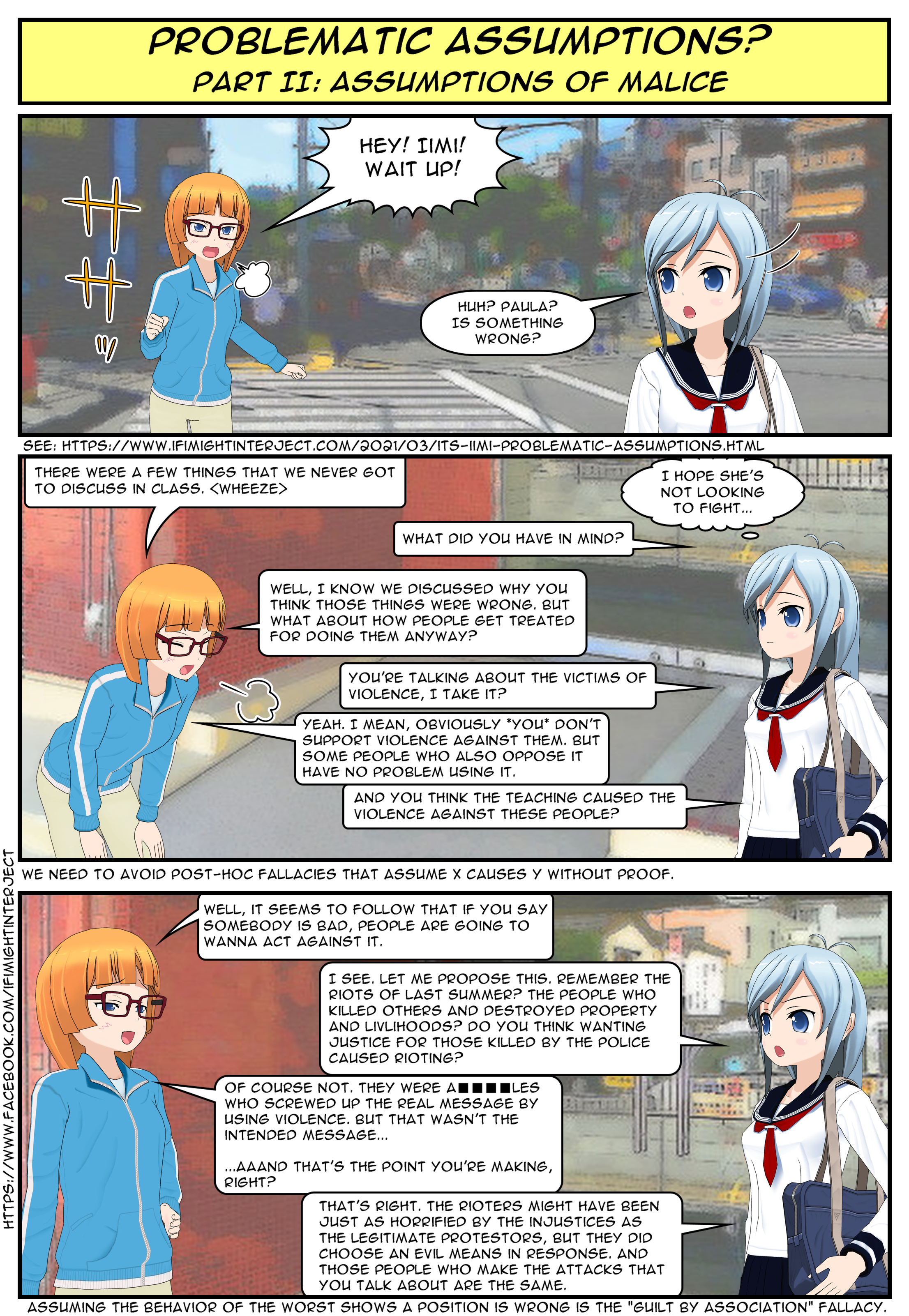We do not really want a religion that is right where we are right. What we want is a religion that is right where we are wrong. We do not want, as the newspapers say, a church that will move with the world. We want a church that will move the world. (G. K. Chesterton)
Regardless of the intention of the individuals making the argument†, they do seem to have a misconception about the purpose of the Church and the spiritual blessings she provides through God. The Catholic Church was established by Christ to bring His salvation and His Grace to the world. This involves both strengthening the faithful and bringing those outside of that body into communion. All of us are sinners of course. We need the grace and guidance to constantly turn back to God.
But if we have no interest in turning back to God, or if we refuse to give up what puts us out of right relationship with God, there is a problem. I am not talking about the person who wants to abandon some sin but keeps falling into it. I am talking about the person who demands that the Church change her teaching so that the sin of X is declared is not a sin, claiming the teaching is “legalism” in opposition to “love.”
If we desire to participate in the Sacraments and sacramentals of the Church, we do need to ask ourselves something: What are we prepared to surrender if we think it is so important to receive them? One answer—in fact the first answer—to that question is “to give up the grave sins we commit.” The Catechism of the Catholic Church (#1472) tells us:
Grave sin deprives us of communion with God and therefore makes us incapable of eternal life, the privation of which is called the “eternal punishment” of sin.
While insufficient knowledge and a lack of free consent‡ might reduce the sin from the category of mortal, nobody can willingly be involved in grave sin and consider themselves in right relationship with God. Since the Sacrament of Reconciliation is necessary for us to get back in right relationship with God and receive the graces these provide, the demand for access to the Sacraments while living in grave sin shows a fundamental error on the part of the person who demands them.
Yes, Pope Francis did speak of accompaniment for those who are not in right relationship with God and His Church. He is right in doing so. But accompaniment is not a case of changing the rules about whether an act is a sin. It is helping them as they struggle to give up what is wrong. If those in the Church should fail to even attempt to guide the faithful away from sin, they would be betraying their mission.
Obviously, without God’s grace, it is impossible for anybody to be saved, and God gives the individual free will to respond to it. Since we cannot know if the person has obstinately refused grace or has not received it yet, we cannot write anybody off as reprobate. For as long as they live, we cannot give up on them… no matter how many times they reject us. But neither can we tell them “what you do doesn’t matter.”
Because of this, sometimes the Church does have to simply say, “No” in response to a request for the Sacraments or sacramentals. If we start accusing the Church of unjustly excluding people in these cases, we have missed the point of the Church. She is not a vending machine that gives us cheap grace on demand. Her task is what Jesus commissioned her to do:
Then Jesus approached and said to them, “All power in heaven and on earth has been given to me. Go, therefore, and make disciples of all nations, baptizing them in the name of the Father, and of the Son, and of the holy Spirit, teaching them to observe all that I have commanded you. And behold, I am with you always, until the end of the age.” (Matthew 28:18–20)
Jesus has made clear (cf. Matthew 7:21, 18:17, Luke 10:16, John 14:15) that if we profess to follow Christ, we are obligated to live as He taught, and the Church is who He has entrusted (cf. Matthew 16:19, 18:18, John 20:22-23) to teach in His name and with His authority.
If we are ever tempted to claim that the Church has gone wrong, we should ask ourselves whether it is possible that we are the ones who have gone wrong.
________________
(†) As there are many people who do this, it seems imprudent to make a one size fits all kind of judgment about them.
(‡) I leave this to the confessor to determine in the case of each individual.




























